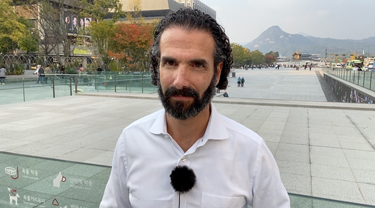But it’s also a place where fads and the resulting demand for new and innovative beauty treatments and nutraceuticals come and go at an astonishing rate.
“Korea is a fast-growth culture, based on competition. It’s always been something that makes people very reactive to trends. So, there are opportunities for setting new trends and creating new things,” says Yuna Hong, a commercial officer for agri-food and consumer goods with the British Columbia Trade and Investment Office located in the Embassy of Canada to Korea in Seoul. The office is one of several locations worldwide that promote trade with BC companies.
It’s such a dynamic and fluctuating environment to enter that in some cases, by the time a product is ready for market, consumers may have already moved on. Recently, Hong’s office planned a trade show to showcase Canadian craft beer.
“We tried to prepare six months in advance, but in that time, the trend had changed from craft beer to whiskey, and no one was interested. Once they see a trend, they want to follow it,” she says.
The hectic buzz of consumer demand also fuels the country’s research and development (R&D) of the world’s most cutting-edge extracts from raw materials, like volcanic soil, chia seeds, snail mucus—even potatoes—for new beauty and wellness products.

















